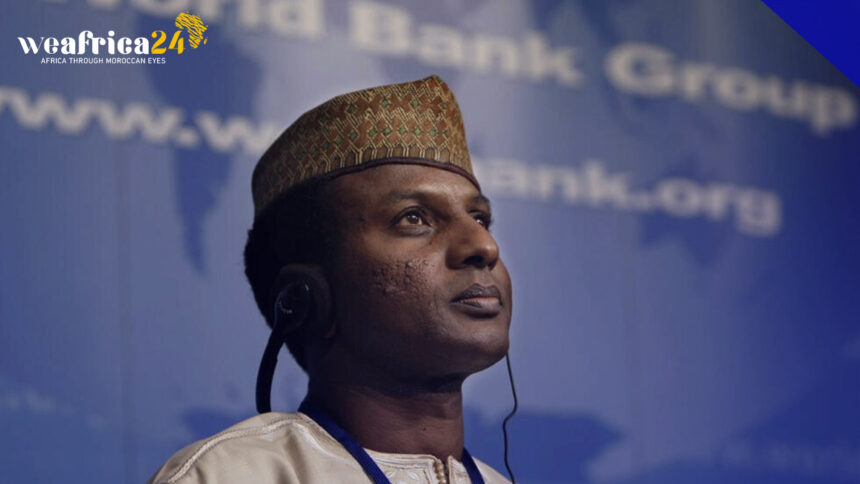The recent assumption of power by the junta, which transpired two weeks ago, has ushered in a fresh wave of developments as a new ministerial cohort was officially unveiled last night. The newly appointed assembly comprises twenty ministers, a notable inclusion being four accomplished women. At the helm of this ministerial lineup stands Ali Mahaman Lamine Zeine, whose leadership will guide this assembly. The momentous event transpired on Monday, the 7th of August.
A noteworthy aspect of this ministerial roster lies in the prominence of the military and the National Council for the Safeguarding of the Fatherland (CNSP), as they take the reins of authority in the sovereign ministries. Of particular note is the transfer of control to the coup orchestrators in six ministries. Perhaps unsurprisingly, this includes the Ministry of Defense, entrusted to General Salifou Mody, a pivotal figure within the CNSP hierarchy and a prominent member of the mutinous group. This transition marks a significant juncture for General Salifou Mody, who, having been removed from his prior role as chief of staff and relegated to the status of ambassador, encountered the Malian and Burkinabè coup plotters in early August of 2023.
The transformation is manifest in the allocation of the Ministry of the Interior, Public Security, and Territorial Administration, a domain bestowed upon General Mohamed Toumba. Within the junta’s hierarchy, General Toumba occupies the third position, denoting his significance. He also serves as the Deputy Chief of Staff of the Army. Furthermore, the military has taken charge of several other pivotal portfolios, including those concerning Youth and Sports, Health, Transport, and the Environment.
A development of considerable import is the fading influence of the PNDS party of President Bazoum. The opposition faction, represented by the Moden Fa Lumana party led by Hama Hamadou, has seized a central role in this evolving landscape. A key manifestation of this realignment is the acquisition of a substantial portfolio often referred to as a “superministry.” This domain encompasses Oil, Mines, and Energy, presided over by Mahaman Moustapha Barké. Significantly, Barké, previously the campaign director for Moden Fa Lumana and closely associated with Prime Minister Zeine, now finds himself at the helm of this strategic realm.
Another intriguing development is the emergence of the opposition movement within the realm of Foreign Affairs, with the responsibility vested in Bakary Yaou Sangaré. With a rich diplomatic background that encompasses postings in Saudi Arabia, France, the United States, Cuba, and the UN, Sangaré brings a wealth of experience to his new role. The ministerial ensemble also features accomplished experts in their respective fields, exemplified by Professor Mahamadou Saidou, an esteemed university rector who has assumed the mantle of Health Minister. Similarly, Alio Daouda, the former president of the Court of Appeal, now occupies the pivotal role of Minister of Justice.
Yet, amid these transformations, a central question lingers about the extent of maneuverability granted to this freshly formed government, operating under the overarching oversight of the military junta and in a nation subject to sanctions. Despite external pressures from ECOWAS, the coup orchestrators remain resolute in their pursuit of progress, as evidenced by their steadfast stride forward.







